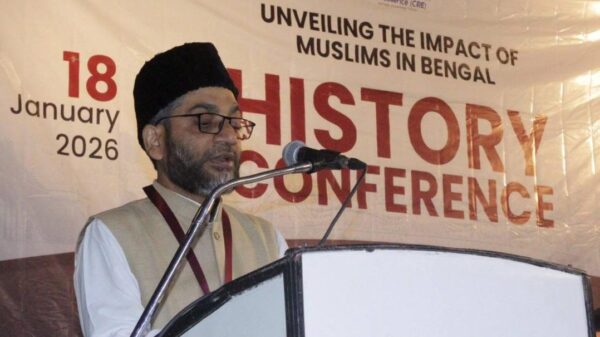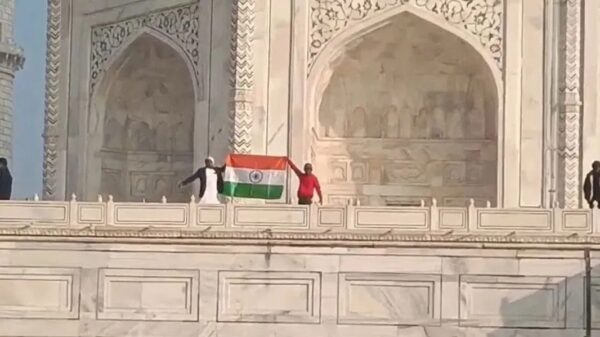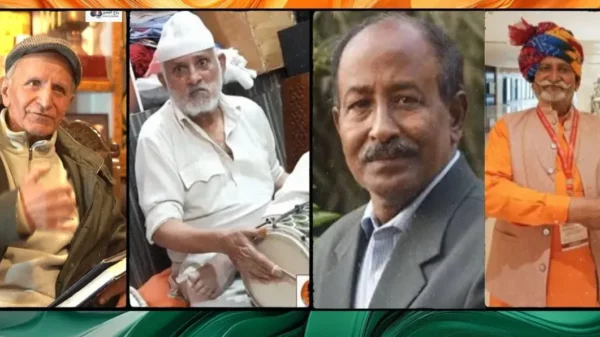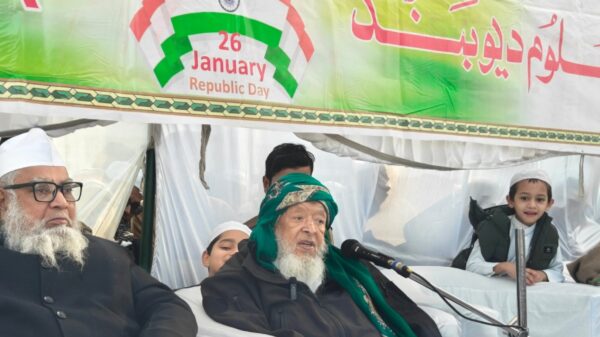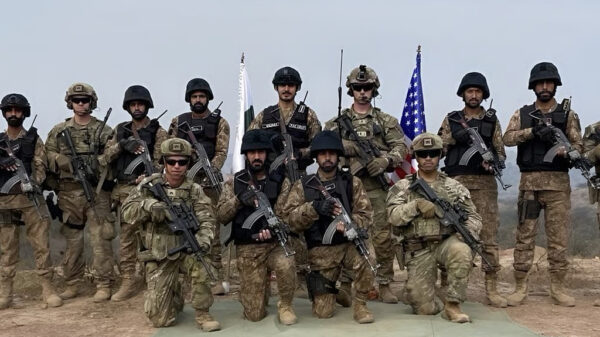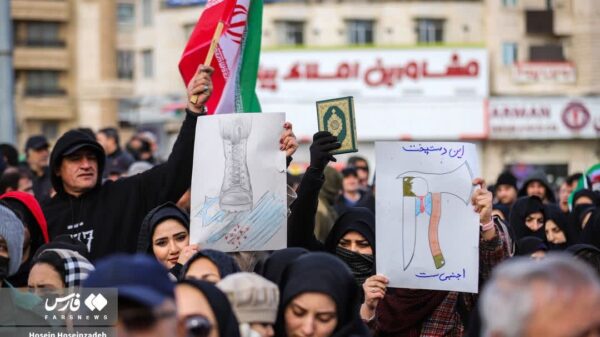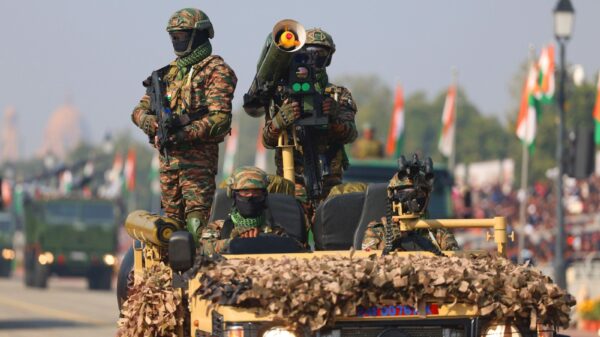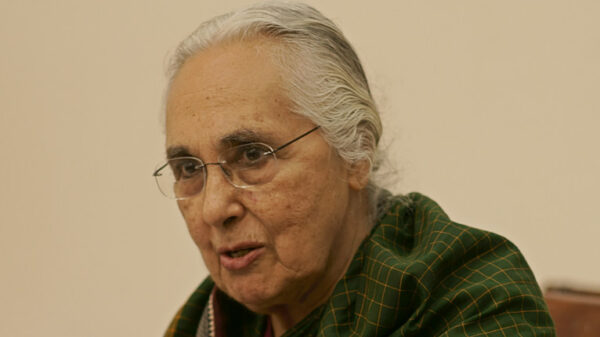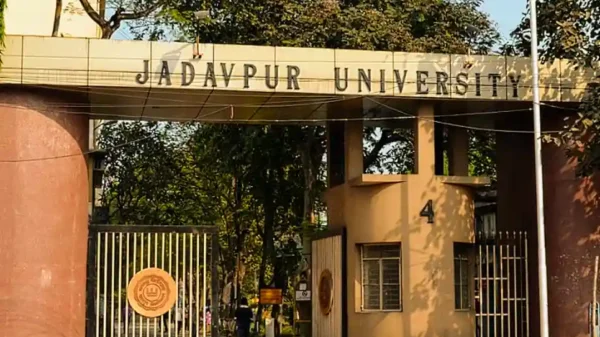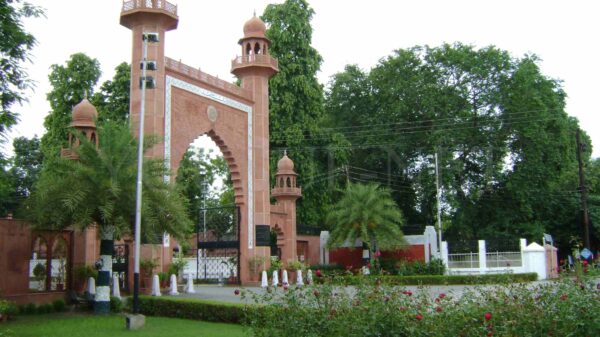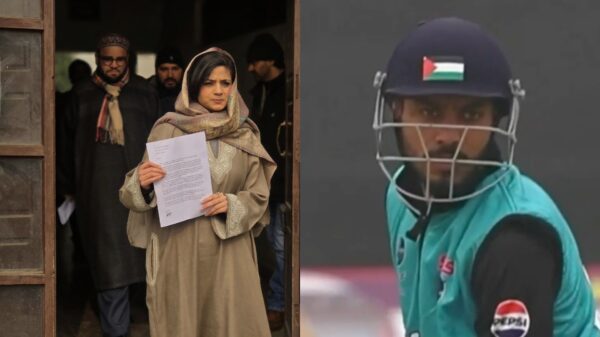On Sunday, India dispatched humanitarian aid to Palestine, delivering medical supplies and disaster relief materials amidst the ongoing conflict between Israel and Hamas. The aid was announced by Arindam Bagchi, the official spokesperson for the Ministry of External Affairs.
The humanitarian aid from India includes essential medical supplies, disaster relief materials, and a strong commitment to helping those in need. The medical supplies consist of life-saving medicines and protective and surgical items, specifically tailored to address emergency medical conditions. Furthermore, considerations have been given to wound care, ensuring that the aid package is comprehensive.
Among the medical supplies, fluids and painkillers have been included to provide immediate relief to those affected by the conflict. This medical aid is urgently needed, given the challenging healthcare situation in the region.
In addition to medical supplies, a disaster relief package, weighing approximately 32 tons, has been dispatched. This includes tents, sleeping bags, tarpaulins, basic sanitary utilities, and water purification tablets, all of which are essential for the well-being of the affected population.
The relief aid departed from the Hindon airbase in an Indian Air Force C17 aircraft at 8 am in the morning. It is scheduled to land at Egypt’s El-Arish airport by 3 pm (IST).
Arindam Bagchi, speaking on this humanitarian effort, stated, “India sends humanitarian aid to the people of Palestine! An IAF C-17 flight carrying nearly 6.5 tonnes of medical aid and 32 tonnes of disaster relief material for the people of Palestine departs for El-Arish airport in Egypt. The material includes essential life-saving medicines, surgical items, tents, sleeping bags, tarpaulins, sanitary utilities, water purification tablets among other necessary items.”
The provision of aid comes amidst the ongoing conflict, which escalated when Israel launched a counter-offensive against Hamas following a “surprise attack” by the latter on October 7.
While the humanitarian aid has begun to reach the Gaza Strip through Egypt’s Rafah border, the World Health Organization Director-General, Tedros Adhanom Ghebreyesus, has underscored the urgency of further assistance, noting that “needs are far higher” in the enclave, home to more than 2 million people. Ghebreyesus called for the “safe passage of additional aid convoys across the enclave” to address the pressing humanitarian crisis.
Ursula von der Leyen, Chief of the European Commission, acknowledged this step as an “important first step that will alleviate the suffering of innocent people.” In a statement, she expressed her gratitude to all those involved in making this humanitarian mission possible.
According to the UN Office for the Coordination of Humanitarian Affairs, over 60 per cent of primary care facilities are currently closed, and Gaza’s hospitals are teetering on the brink of collapse. The crisis is primarily attributed to severe shortages of power, medicine, medical equipment, and specialized personnel.






